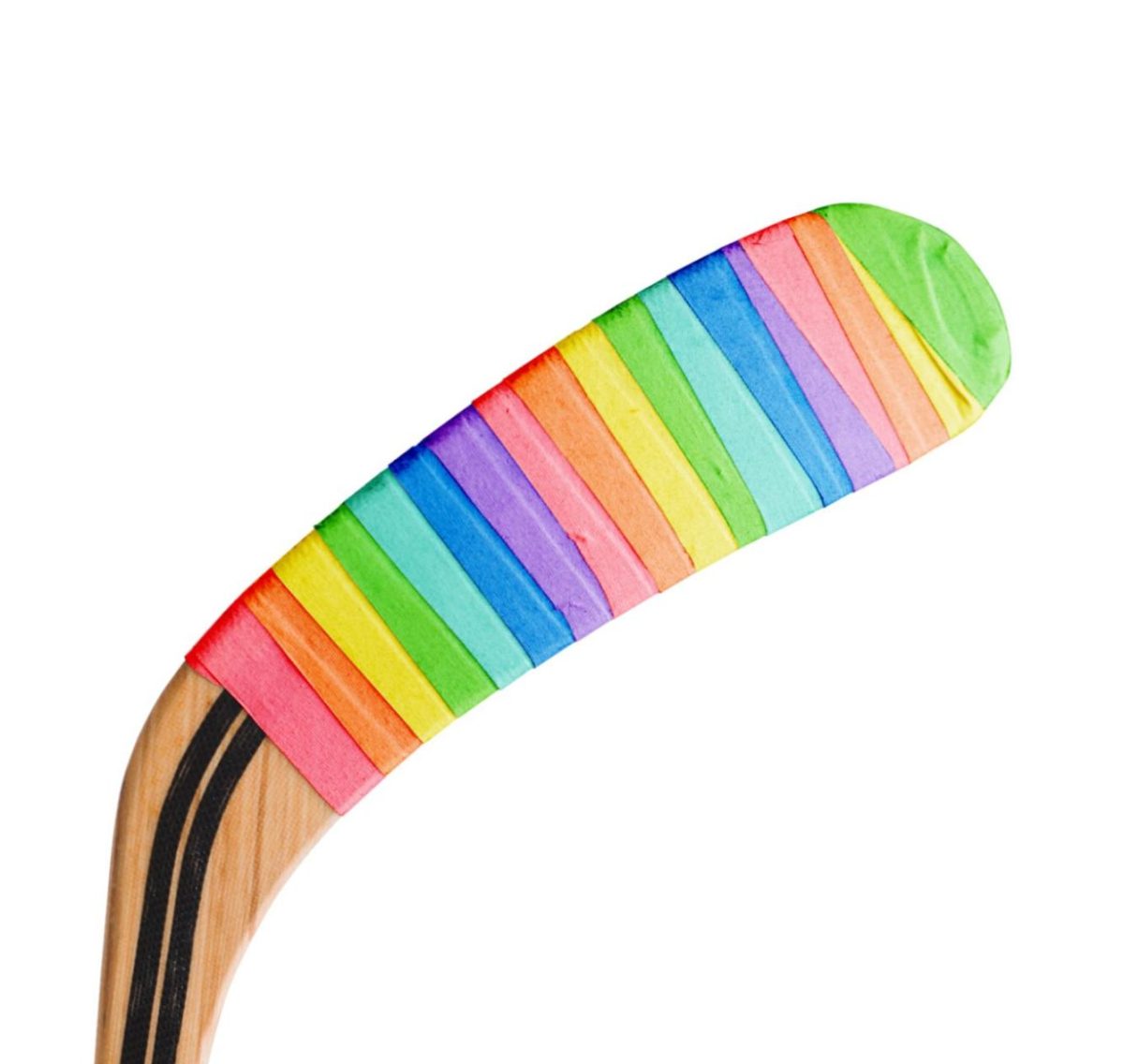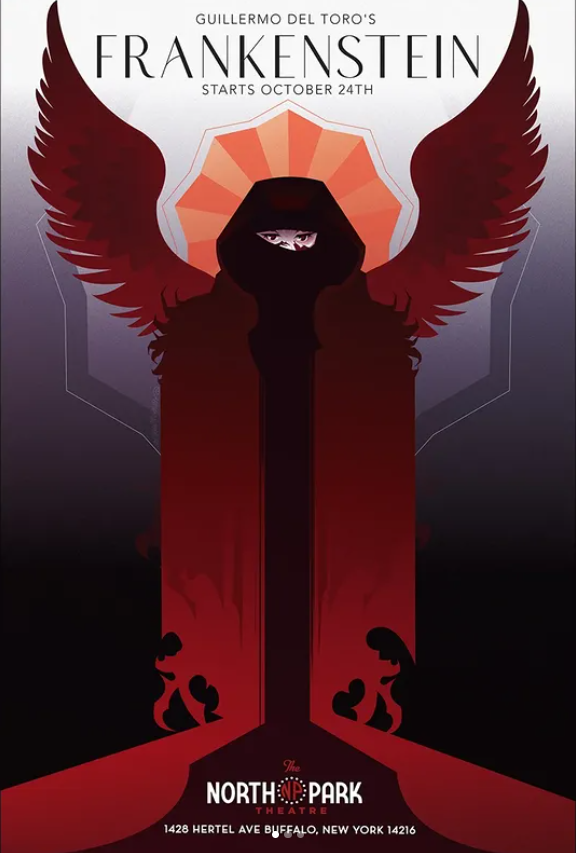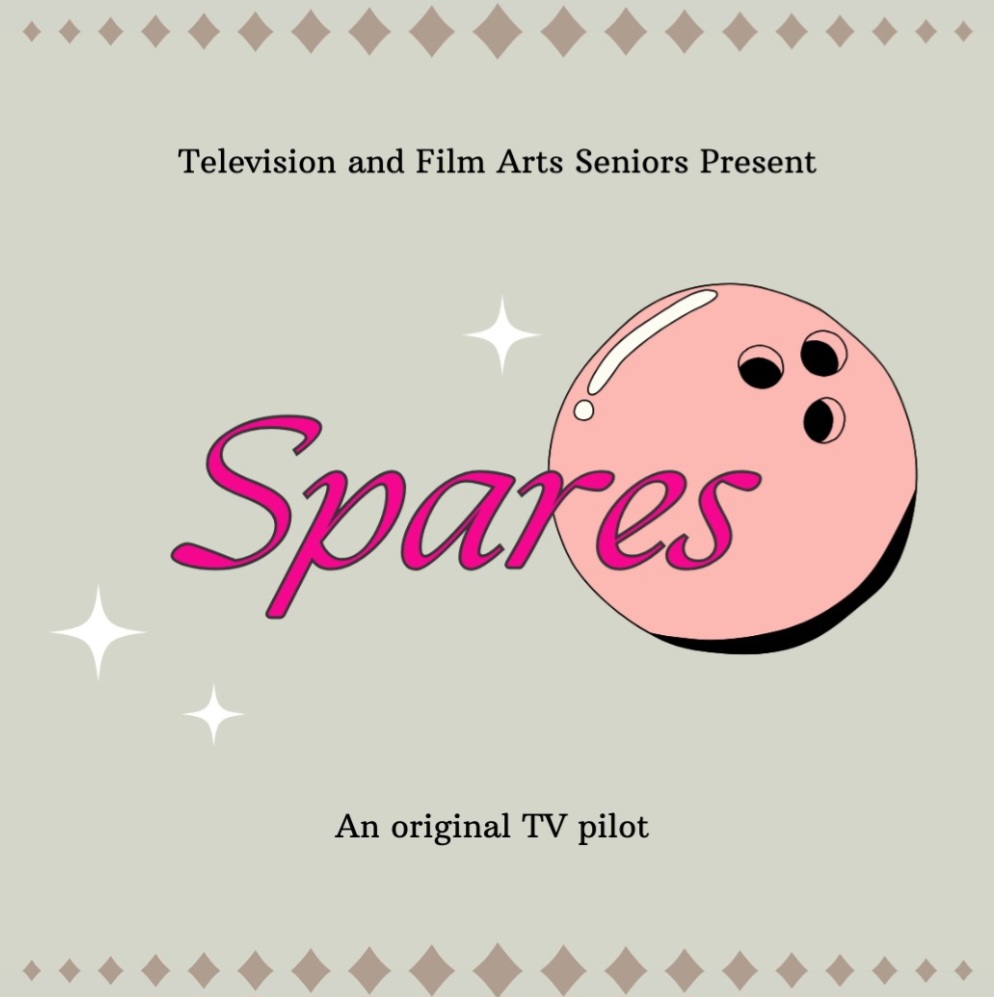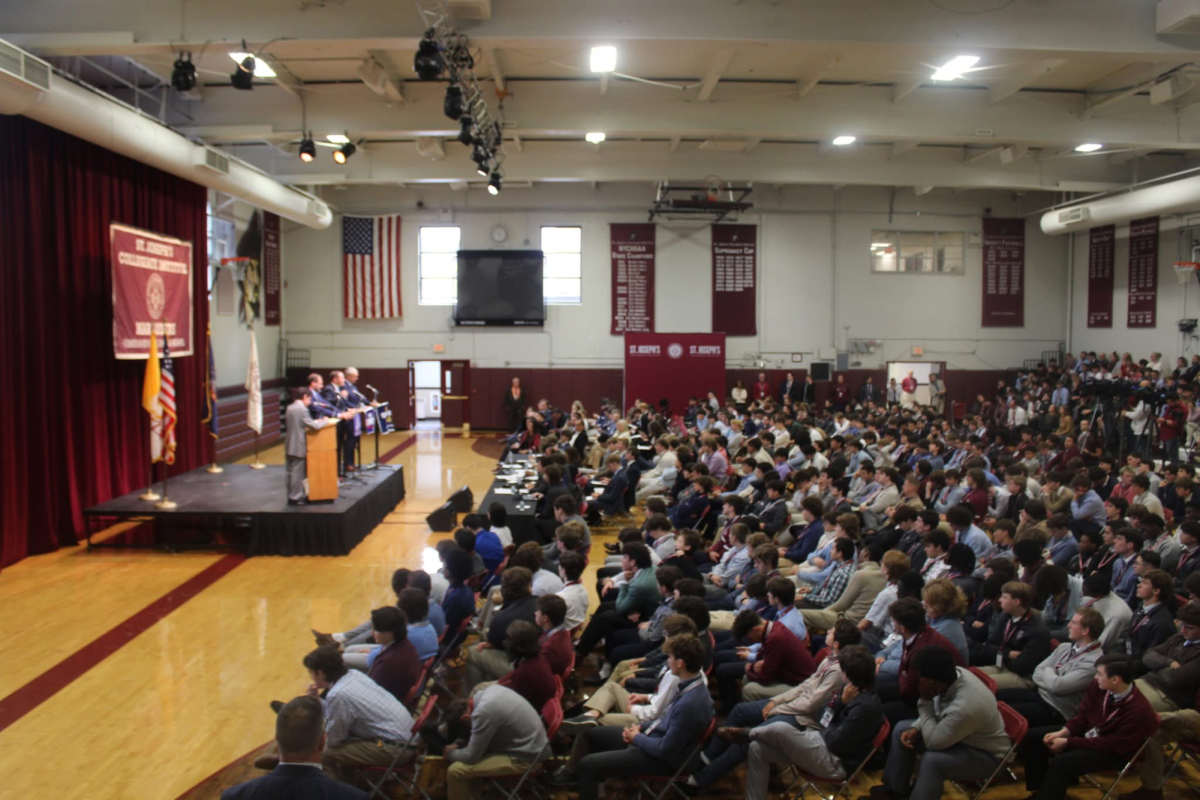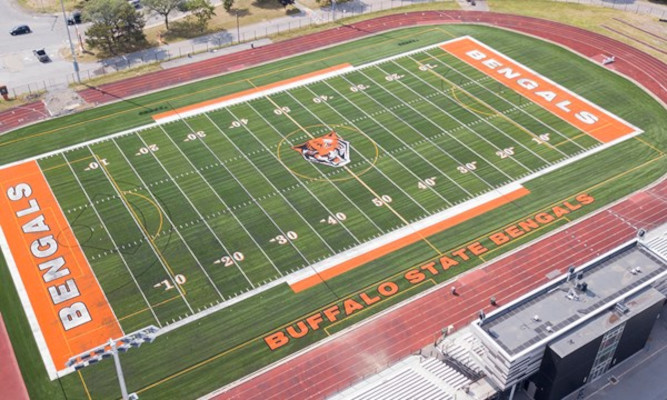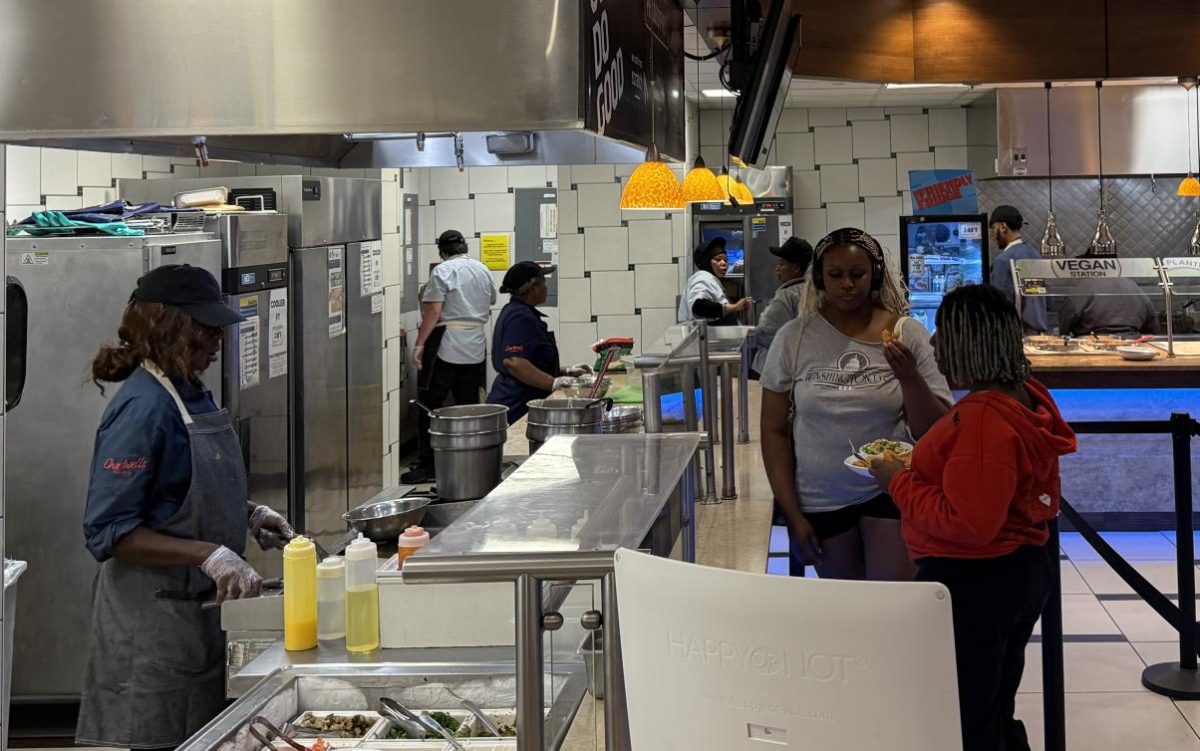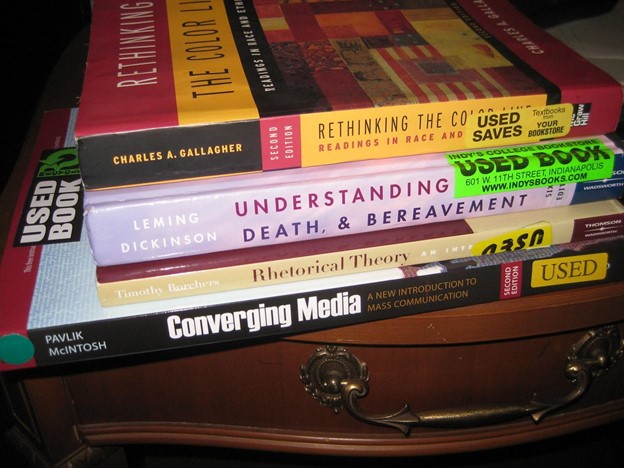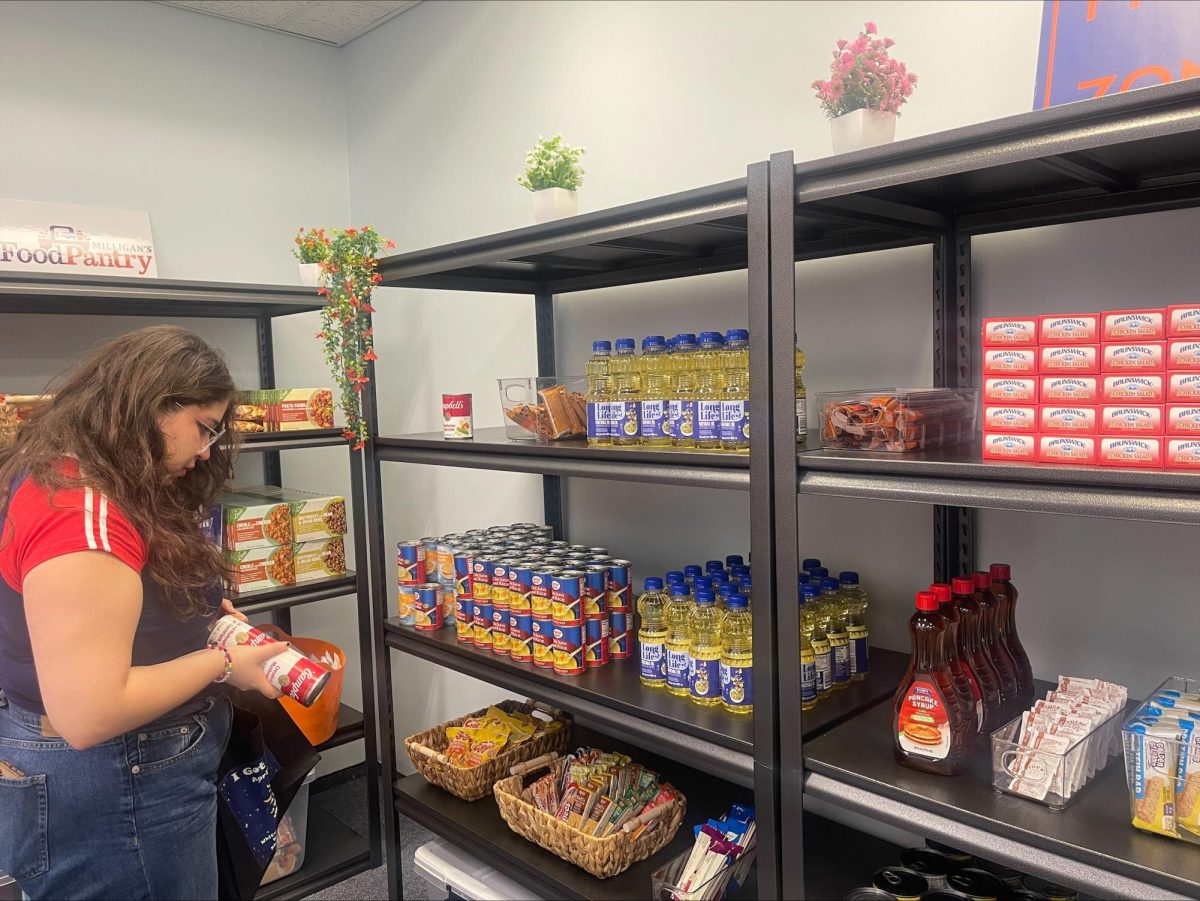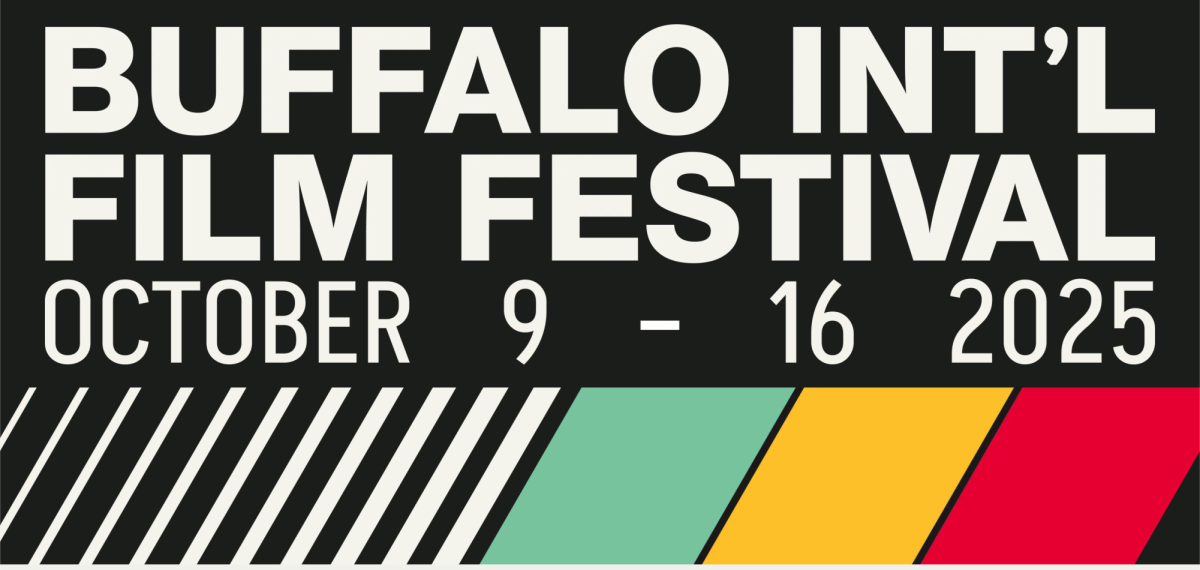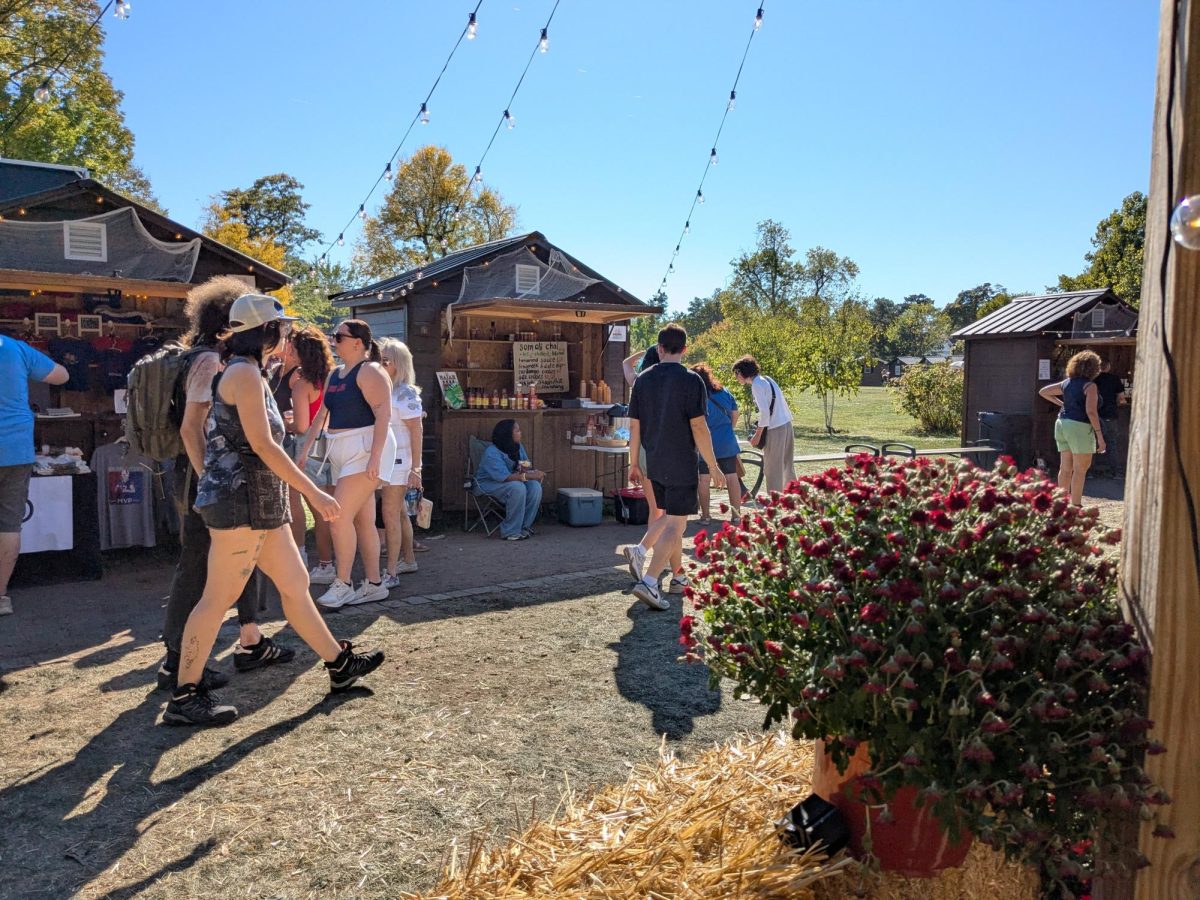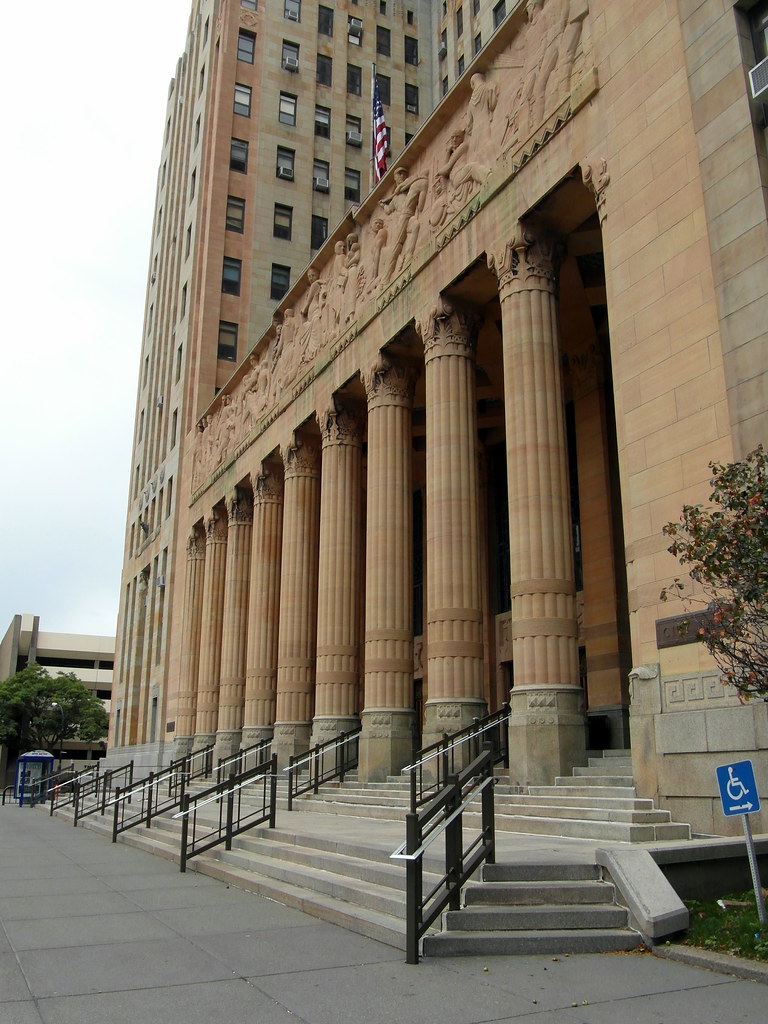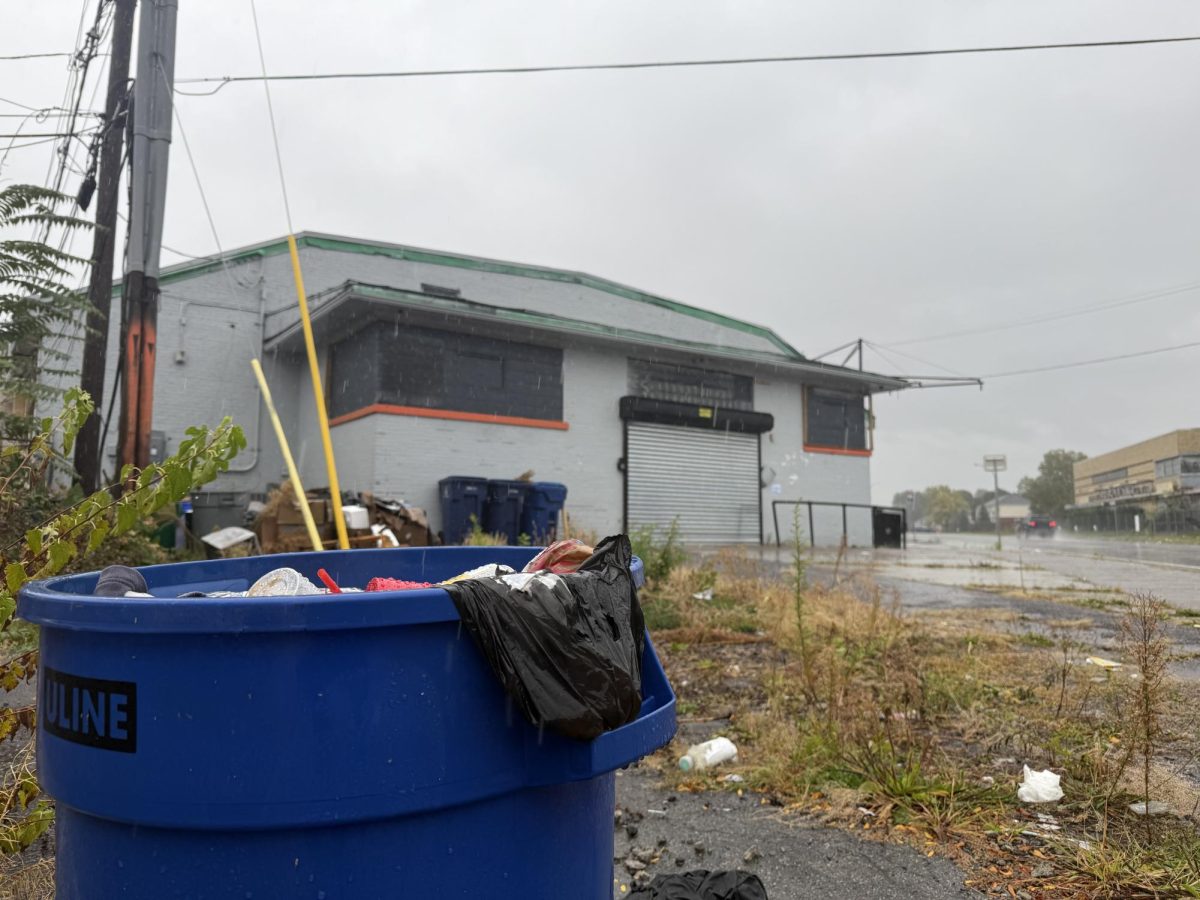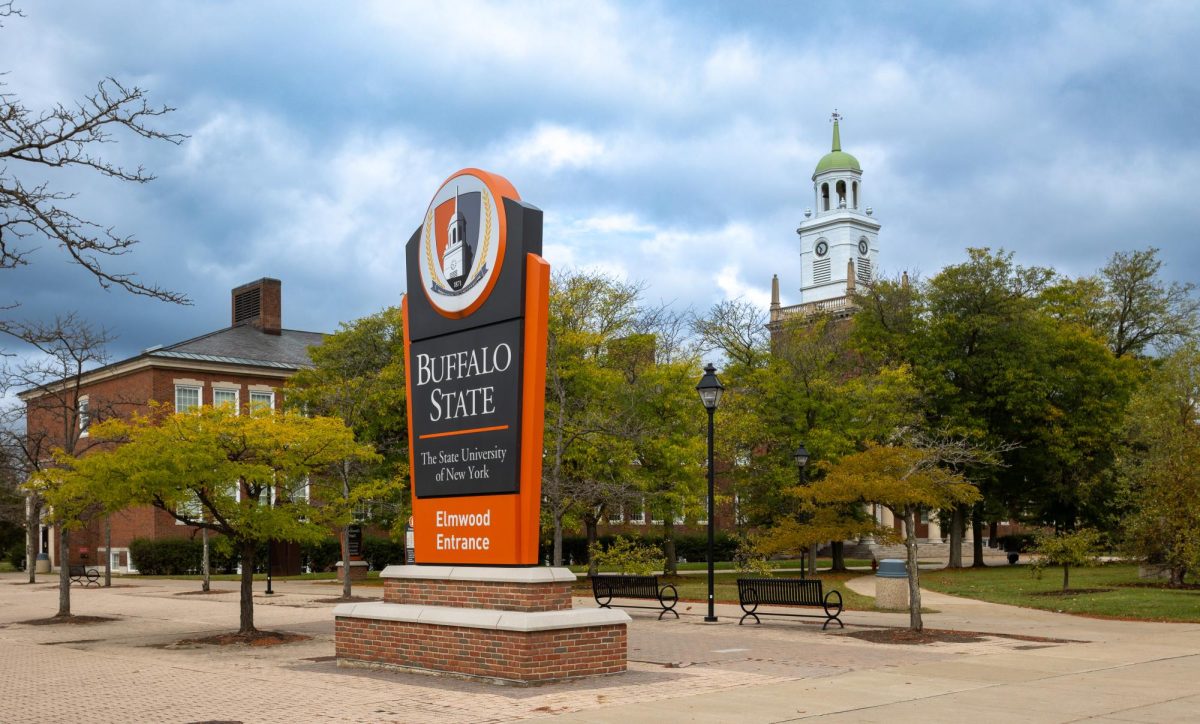Before the NHL season, the league banned every team’s pride and heritage jerseys. These jerseys have been a staple of celebrations of different cultures and heritages for years, and now these celebrations will be unseen.
Teams can still have these jerseys and merchandise, although there is no longer the opportunity to publicly recognize these cultures with celebratory nights. The jerseys are only seen in auctions and on social media now.
After much controversy from multiple NHL teams having players who refused to wear an NHL Pride jersey for Pride night, these bans came about. One of these players was former Philadelphia Flyers player Ivan Provorov, who said wearing the jersey would disrespect his home country of Russia.
The second player was former San Jose Sharks goalie James Reimer, who claimed wearing a pride jersey would be against his religious beliefs, and he sat out of pregame warm-ups.
The New York Rangers would cancel their pride night celebrations, though the reasoning is unknown. It is probable a player, or players refused to wear the jersey. Instead, they canceled the night to avoid a PR disaster, which was still a PR nightmare but a little better.
Before the 2022-23 season, the NHL banned any use of pride tape or any other pride adjacent gear to be used in games. This would be met with a fine or further punishment by the NHL.
Many players were very outspoken against this ban and the ensuing fines, and former NHL GM and current broadcaster Brian Burke said he would pay every NHL player a fine for using pride tape, including Philadelphia Flyers forward Scott Laughton.
“I’ll use the tape if I have to buy it myself, I will,” he said.
After this backlash, the NHL would unban pride tape, although theme nights and jerseys remain banned.
Though the refusal of players representing the LGBTQ+ community last season is where this ban arose from, it is not the only community affected by this.
This ban also covers themed nights such as Hispanic heritage, Native American heritage, military appreciation night, and more. Not only did these nights give cultures well-earned respect and appreciation, but many of the jerseys were designed by local artists who are a part of these communities.
The NHL will still do a Hockey Fights Cancer initiative and has done a few this season, although many communities are left behind due to these bans.
These bans are a result of punishing the wrong groups. The league is protecting the players rather than the communities who watch the league. This is fine in certain situations, although there needs to be a line a player or league can not cross.
Banning everything for a refusal of one thing is not the correct answer; it is unfair for these communities to lose this representation because of the unwillingness of a few players in the league.
The bans remain, and these communities remain unrepresented on a national scale. The NHL must learn how to balance player satisfaction with consumer and fan satisfaction.
In the future, hopefully, there will be a compromise made, and these underrepresented communities will get the representation they deserve, and the local artists will be able to show off the fantastic work they do to support their communities.


